Why Solar Power is a Smart Investment for Australian Apartments and High-Rises

Discover why solar apartments in Australia and solar high-rises are smart investments. Cut costs, boost value—explore Energy Matters solutions today!
Solar Panel Recycling and Reuse: Securing Australia’s Second‑Life Energy Boom

Reusing and recycling solar panels can slash e‑waste, recover critical materials, and support a second‑life market. Australia needs robust stewardship frameworks and circular solutions to meet rising solar waste.
Powering the Future: How Solar and Hydrogen Are Transforming Australia’s Clean Energy Landscape

Discover how solar-powered hydrogen is reshaping green hydrogen in Australia. Explore the solar hydrogen future with Energy Matters—your clean energy partner.
Smart Solar’s Next Edge
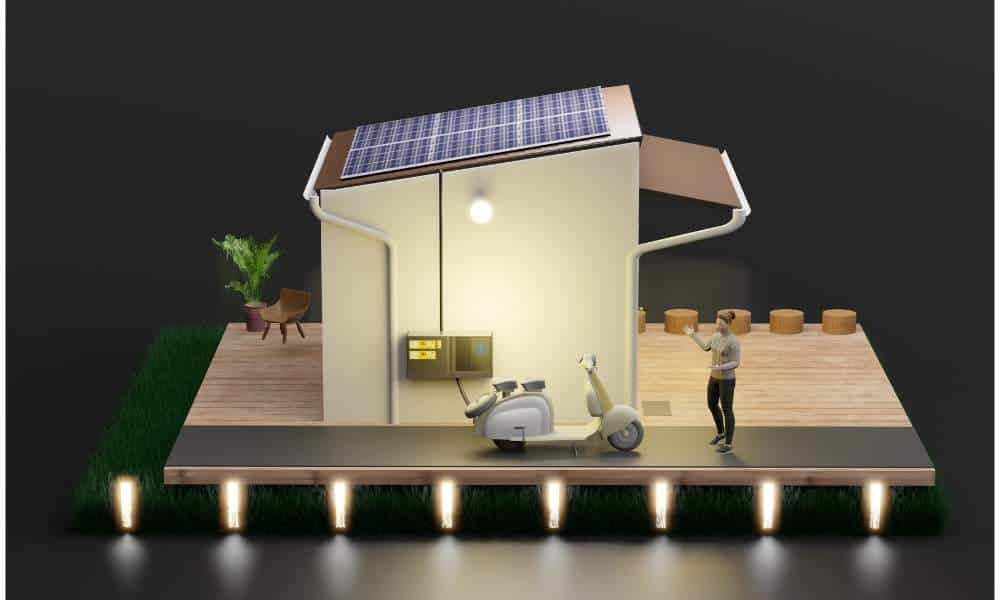
Australia’s solar sector can’t rely on adding more panels alone. AI is now transforming solar into smart, adaptive assets that maximise value and support the grid. For businesses and policymakers, embracing this shift is essential to stay competitive.
The Power of Portable and Home Battery Storage for the Aussie Lifestyle
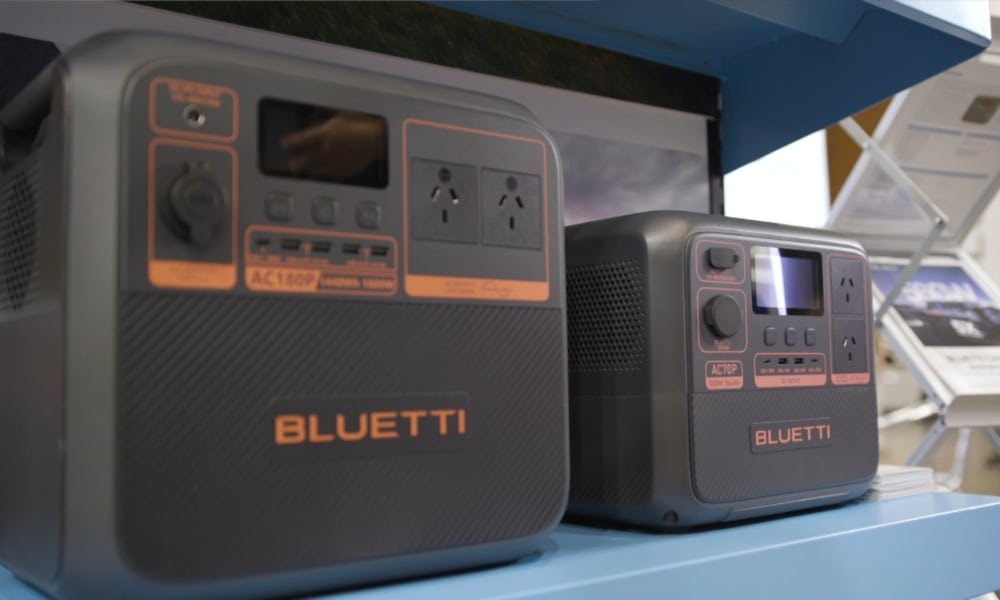
BLUETTI’s range of home and portable batteries offer clean, quiet power for Australian homes, travel, and emergencies. Discover the tech helping Aussies live free from energy stress.
Australia Launches New Battery Subsidy Era, SolisStorage Hybrid Solution Ready
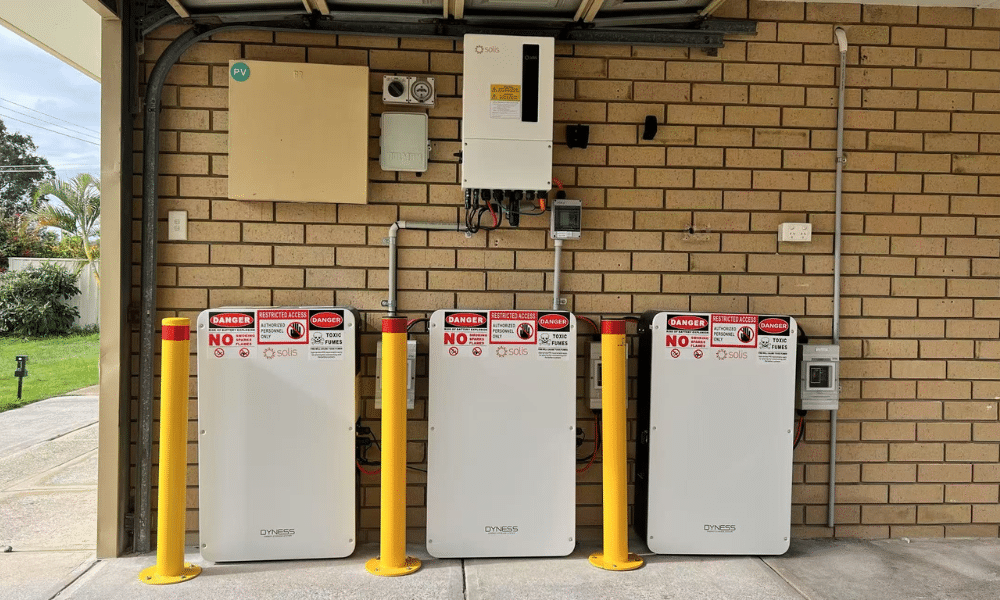
Australia’s new battery rebate scheme slashes solar storage costs by up to 30%. SolisStorage’s hybrid systems are subsidy-ready, helping households cut energy bills while supporting the clean energy transition.
The Vital Role of Distributors in Australia’s Solar and Renewable Energy Future
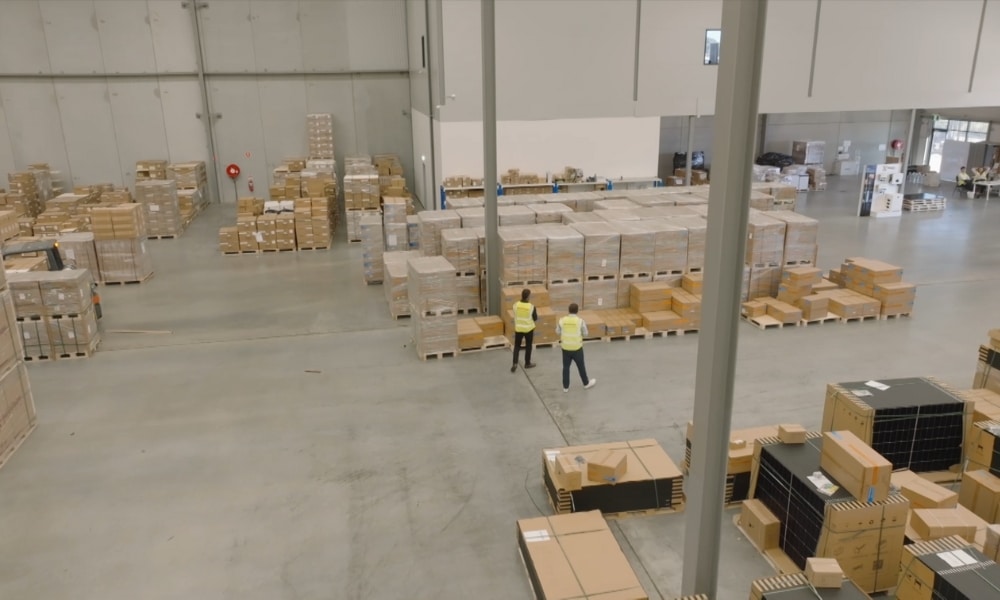
Raystech plays a vital role in Australia’s solar industry, delivering reliable clean energy technology through expert distribution, strong manufacturer partnerships, nationwide warehouses, and a people-first approach to technical support.
Open Homes Australia: Off-Grid Solar Smarts With GoodWe
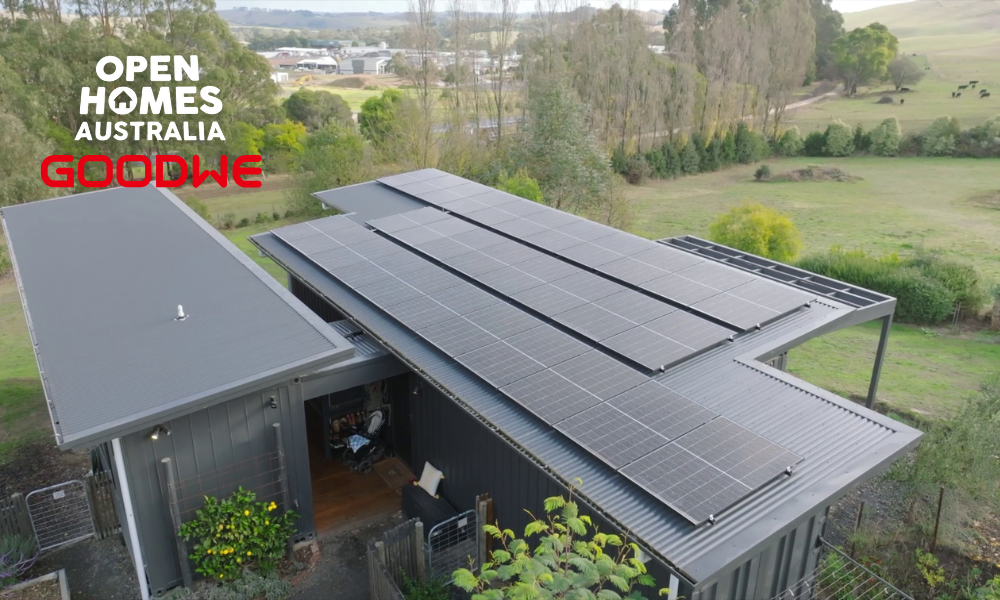
A stunning off-grid container home in Gippsland features GoodWe’s CEC-approved EHB hybrid inverter and Lynx F G2 battery, delivering sustainable living, blackout protection, and future-ready solar performance.
Solar-Ready Homes: A Developer’s Solar Guide for New Build Projects

Australia’s solar-ready homes are the future! This developer’s solar guide provides key insights for integrating solar energy in new builds. Learn how to optimise designs & profit.
Renovating for Energy Independence: Why Future-Proofing Your Home Starts With Smart Planning
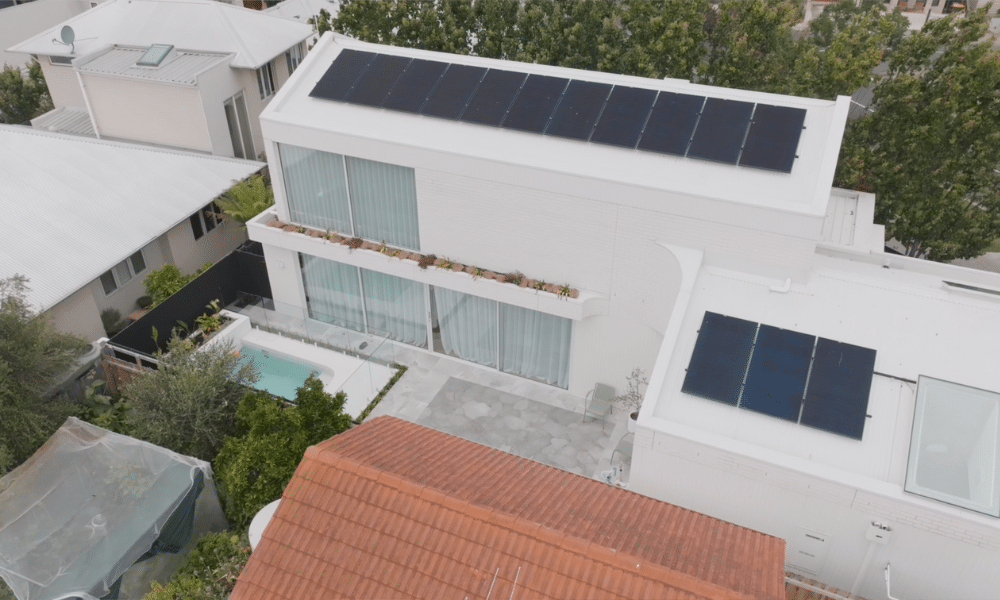
Bec Douros’ renovation proves that energy independence starts with smart design. From solar and battery storage to future-proofed EV charging, here’s how to renovate with sustainability and savings in mind.





































